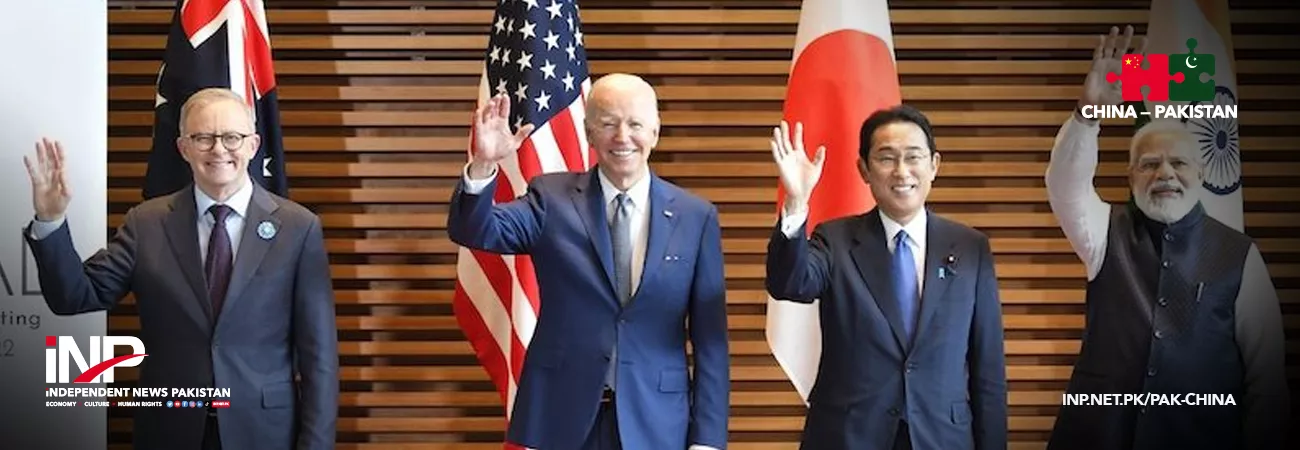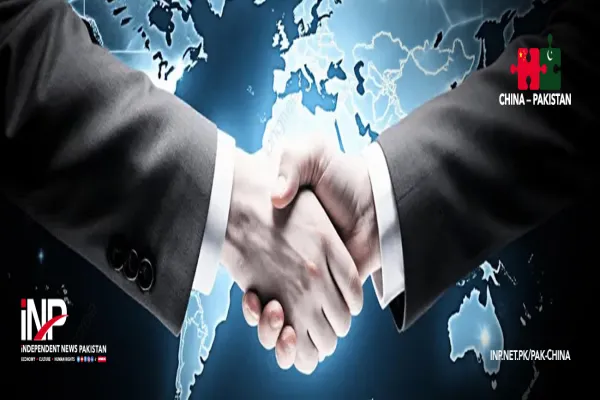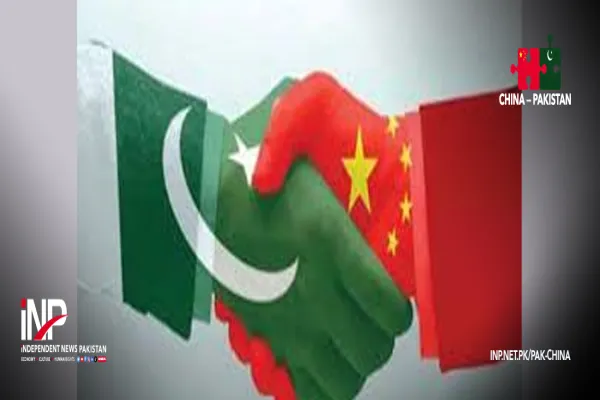i NEWS PAK-CHINA
The Leaders of the Group of Seven (G7), met in Hiroshima for annual Summit on May 19-21, 2023. As anticipated, the just-ended summit was largely dominated by discussions on how to "contain and counter" China's burgeoning military and economic influence, exposing its internal discord and self-concocted insecurities. The G7 leaders introduced a new tool, the "Coordination Platform on Economic Coercion," aimed at discouraging politically motivated punitive trade measures, according to an article carried by Gwadar Pro on Tuesday. Although China wasn't mentioned explicitly, the platform is widely perceived as an attempt to “encircle” China diplomatically.
By fostering coordinated responses and countermeasures within their legal systems, the G7 aims to counter such practices. "These economic security tools will include steps to build resilience in our supply chains and protect sensitive technology," explained White House National Security Adviser Jake Sullivan during a post-summit press briefing in Hiroshima. This move underscores increasing concern among Washington and its allies regarding China's alleged weaponization of economic tools. The G7 leaders are keen on protecting cutting-edge technologies from their countries, ensuring that these innovations don't enhance others’ military capabilities that “threaten global peace and security”.
While not stated outright, this refers to alleged efforts by Beijing, Moscow, and possibly Tehran and Pyongyang, to procure advanced equipment or expertise for military advancement. The goal is to limit the flow of "capital, expertise, and knowledge" from G7 companies to these countries. Surprisingly, Japanese Prime Minister Fumio Kishida, being the host, disclosed the main agenda of the Hiroshima summit in a pre-summit article published on May 13 in the Japan Forward, leaving little room for speculation. He highlighted two perspectives in the article: Upholding the "rules-based international order" and enhancing the G7's outreach to the "Global South."
These priorities are strategically designed to address the Ukraine conflict and the challenge of a rising China, the two pressing issues confronting the US and its allies. Despite the significant amount of discussion surrounding the Ukraine conflict and its repercussions, the G7 leadership was primarily focused on the Indo-Pacific region and the gradual consolidation of the rival BRICS club - with China being a common factor in both areas of concern. Ever since the G7 Summit held in Cornwall in 2021, the G7 leadership has been promoting the "Build Back Better World" initiative for global infrastructure development as an alternative to China's Belt and Road Initiative.
With this initiative, rebranded as PGII at the 2022 G7 summit in Elmau, Germany, the G7 countries aim to mobilize $600 billion for international infrastructure investment by 2027. As the host of this year's G7 summit, Japan infused a Japanese flair into the traditional American-led framework of these meetings. This involved a greater focus on promoting the narrative of the "China threat." By prioritizing such matter in the forefront of the discussions, Japan has indicated its aim to guide the group towards a direction that aligns more closely with its own interests. However, this strategy could potentially isolate other G7 members and compromise collective goals.
While Japan seeks to amplify G7's efforts to contain China at the behest of the US, it also furthers its interests within the group. This focus could be a ploy to deflect attention from its contentious plan to discharge nuclear wastewater from the Fukushima plant into the Pacific Ocean. The United States has remained unyielding in its criticism of China during the Hiroshima summit, reflected in the recent G7 communiqué's increasingly harsh rhetoric towards China. However, it would be a mistake to assume that the G7 as a whole has unequivocally embraced a confrontational stance against China. The intricacies of their collective interests on the matter are far from straightforward.
While the US is resolute in its attempt to constrain China, executing such a plan will likely reveal G7’s internal complexities, potentially resulting in a self-defeating endeavor. The EU's growing push for strategic autonomy signifies a movement towards a more independent stance. The shift from "de-coupling" to "de-risking" regarding China at the Hiroshima summit signifies brewing disagreements within the G7 about the group's approach to China.
Credit : Independent News Pakistan-INP









